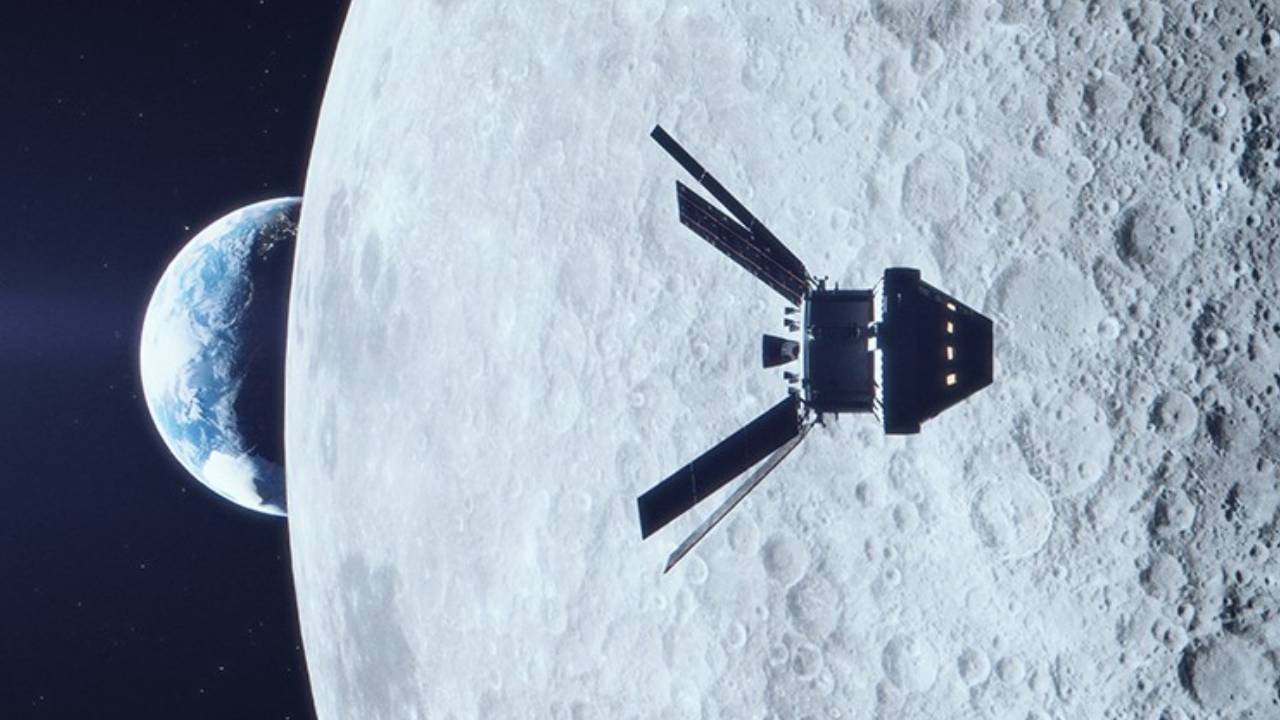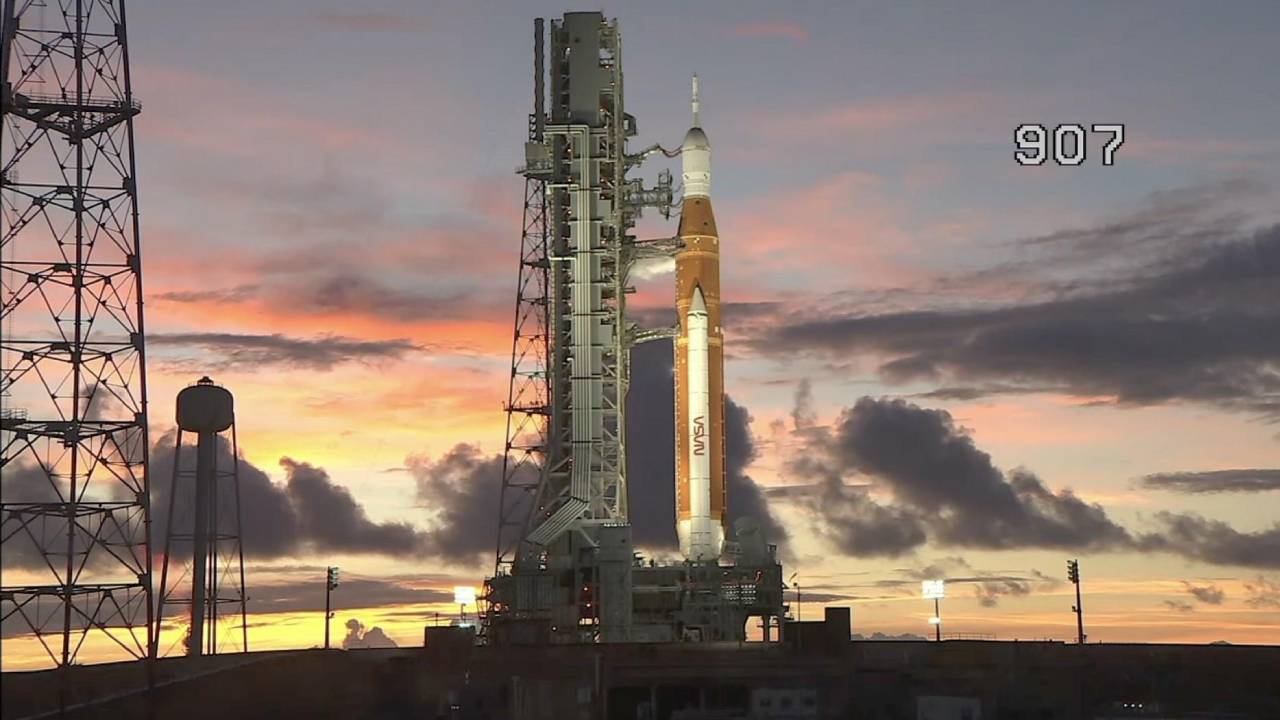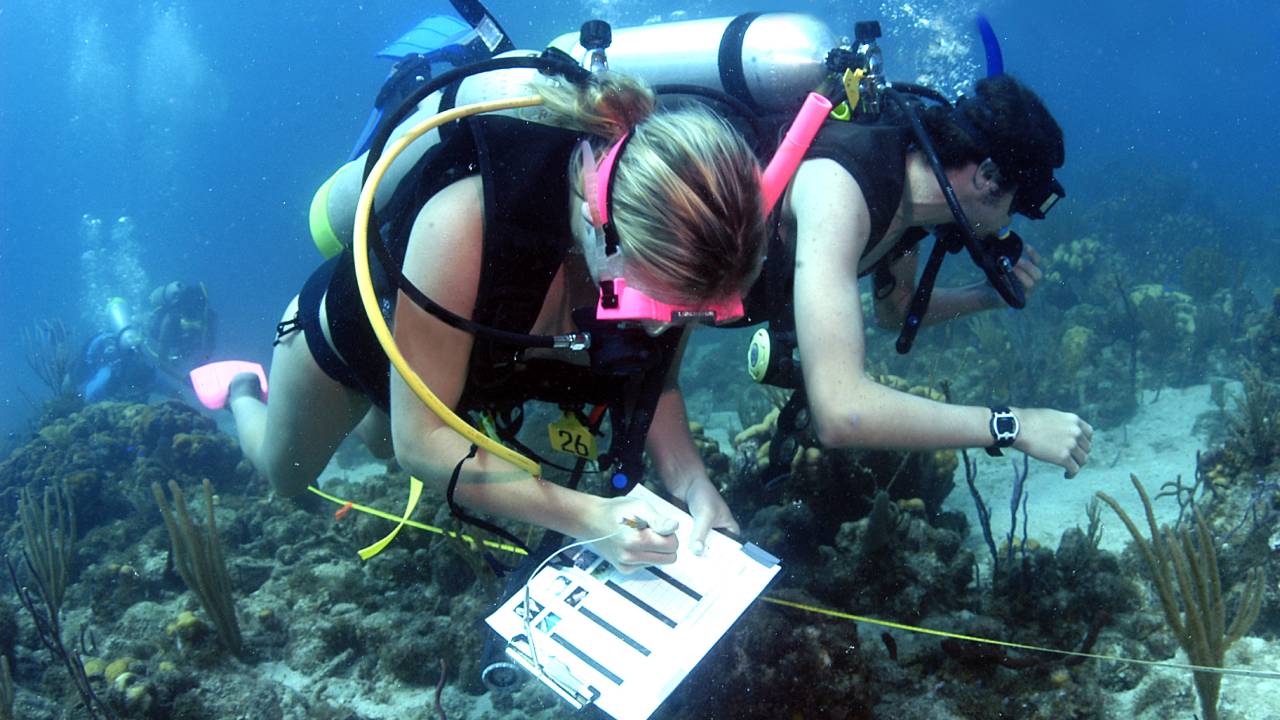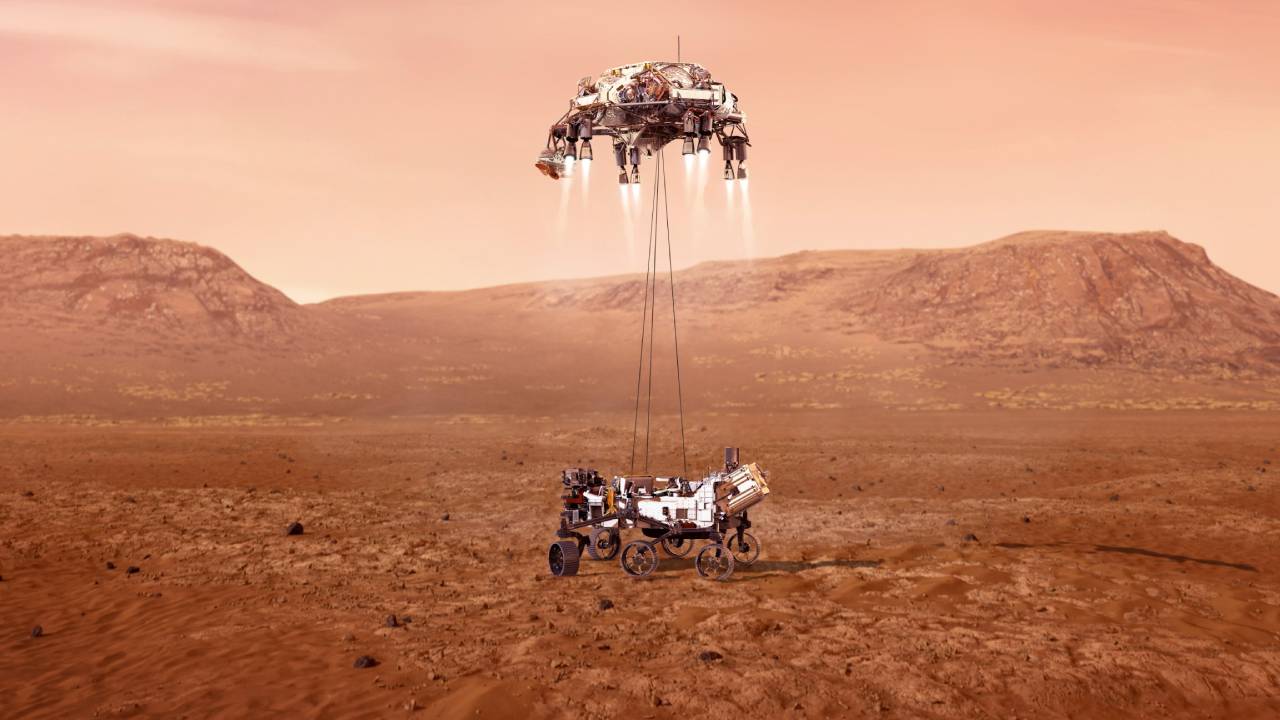We spend billions of dollars trying to get to the Moon, even Mars, as poverty increases all over the world. So is this really the ‘waste’ as it has been criticized? Why do people spend money on space instead of solving the ‘problems’ of the earth?
In the 1950s, humanity realized that just looking at the sky would not be enough and turned its route to space. But space curiosity that seems to have only 60-70 years of historyIn fact, it is as old as the history of humanity.
Space studies, which today require billions of dollars in investment for each mission,Why spend money on space when humanity has a problem on earth?‘ is understandable, but it is criticized with some questions that have plenty of answers. So really, why does humanity continue to spend money on space when they can solve world problems?
Imagine looking at the sky 30 thousand years ago on a night when the only light was the stars…
It’s not hard to imagine that such a moment would be enchanting. If only we could look up at the sky on a clear, moonless night with no artificial light source Who knows what we would see. So did our ancestors. They watched the sky for long nights. They tried to understand what they saw.
Even some studies Some cave wall paintings dated between 33 thousand and 10 thousand years He says there are representative drawings of the position of the stars. Some structures that still remain ‘mysterious’, such as Stonehenge, are also thought to be closely linked to the position of the stars, beliefs and social life.
In fact, humanity Ever since he looked up and noticed the sky, he tried to understand what had happened there. The answers he received to the questions revealed results that would shape his life. From agriculture to belief systems Many issues that deeply affect human life have been directly affected by our knowledge of space.
Times have changed, we started watching the sky with telescopes, not with our eyes.

During this inconceivable length of time, we looked at the stars and planets and did a lot of things. the planet we live on and some ‘laws’ that sound simple nowadays We understood, we started to make sense of what we saw.
After tens of thousands of years, telescopes were used for the first time about 400 years ago. We began to observe space with more than our eyes. Then again several hundred years passed, and finally, In the 1950s, we decided to send vehicles and even humans and animals to space.
Afterwards, the first people to set foot on the Moon, astronauts conducting research on a station in space, spacecraft watching distant planets ‘with our eyes’…
Well, what does our main question have to do with this story?

as humanity we often talk about how special we are. We are smart. We have the information. We are smart. We are skilled. There is nothing we cannot do. When we think about what gives us this ‘feature’, we see that this is the point reached with endless curiosity, questions asked and answers received.
In other words, this is the most general and first answer to the question. It was the steps we took to learn more, each time, that got our species where it is. This will not change in 2022, 2050 or 2378. Because there will always be something that people do not know or discover. The desire to understand and explore them will always remain our biggest reason. But there are other answers to this question as well.
NASA’s return to the Moon after decades costs $93 billion. What does it mean?

NASA will perform a manned Moon mission for the first time in years with the Artemis mission. Astronauts sent to the Moon with this mission, unlike in the past, Establishing permanent bases on the moon It will be a pioneer for some tasks such as
The main motivation for establishing permanent bases on the Moon is to get to know our satellite better and to to create a ‘transition step’ to Mars, our main route.
The bases planned to be established on the Moon will humanize humanity. It will prepare you for many challenges for Mars missions.. That is why the Artemis mission is most important. To do some final research and preparation before we move our species to Mars…
Here’s NASA’s budget for this goal It will reach $93 billion by 2025. is expressed. Almost 15 years of multi-faceted studies This is the total budget spent on the whole.
Now, back to our question. Let’s take a look at some of the answers to why it’s important to send a man to the Moon, and it’s okay to spend that much money, through some of the commonly used rhetoric.
“There are undiscovered species in the world, huge oceans full of mysteries. Why are we trying to go to space instead of researching them first?”

This is one of the biggest criticisms of humanity’s space studies. However, this criticism is unfortunately not consistent. Scientists specializing in different fields are already They do research on everything you can think of.. A group of astrophysicists and engineers deal with space, marine biologists study the oceans, and geologists try to understand the structure of our planet.
Space studies do not exist alone. Information sharing between branches makes research meaningful and enables us to get results. Science is not a limited field of study that proceeds on a single subject. Humanity, planets and universe; Understanding existence requires us to do research in every field.
Studies carried out in areas other than space exploration because it didn’t get much attention from the public. usually run more quietly…
“Space missions do not directly benefit humanity. Let’s solve the problems of people on Earth instead of exploring Mars.

One of the biggest criticisms in this regard is space missions. does not directly benefit people going in the direction. Actually, this is a big mistake. Because the main motivation of humanity, for example, is that it wants to go to Mars so much. a rather primitive drive to ‘survive’.
Because we know that this planet cannot be our home forever. To create new options for the future of our species, exploring what we can do on the nearest planet to inhabitWe can say that it is the most direct benefit possible to human life.
Besides, as we mentioned above; any knowledge that can be obtained in space how it will affect different disciplines; We do not know what kind of data it will provide for scientists investigating a completely different situation or problem. For this very reason, although the steps taken in every field of science seem to be independent and not directly beneficial, each one is actually intertwined and very valuable.
Space exploration, for example, can teach us a lot about solving the world’s energy and resource problem. Traces of vitality we would find on a different planetcan offer us very important information about our own evolution and the formation of life. Or, the engineering studies carried out for space vehicles can be used to solve a completely different problem for humanity.
“Millions of starving people can be fed with money to go to the Moon or Mars”

Another invalid argument is the claim that the budget allocated to space research can end hunger instead of going to those researches.
Before explaining in more detail why it is invalid to the annual budgets of space agencies of different countries. let’s see;
- US National Aeronautics and Space Administration (NASA): 24 billion dollars
- European Space Agency (ESA): 6.49 billion euros
- Russia’s space agency Roscosmos: Annual average 2 billion dollars
- German Space Agency DLR: total in 2019 1 billion 155 million Euros (Germany is also responsible for 21.3 percent of ESA’s funding)
- UK Space Agency (UKSA): 569 million pounds (The UK also contributes more than 9 percent of ESA’s total funding)
- Japanese Space Agency (JAXA): 500 million dollars
- China: Estimated 8 billion dollars
- India: Approx. 2 billion dollars
- Turkish Space Agency: approximately $3.5 million

In addition, to give an example from the USA, since it is the country that spends the most money in this regard, the annual budget received by NASA for space exploration, A very small portion of the total US budget, such as 0.48-0.50. In other words, although it may seem like a huge amount of money, it is quite interesting to question the fact that even the entire USA has not 1% of its annual budget devoted to such research.
On the other hand, if you need to take a look at the US for a small comparison In 2021, the expenditures made only for ‘national defense’ are 725 billion 709 million dollars. Most of this money going to guns I don’t think it would be a wrong estimate to say that… 105 billion dollars for veterans, 96.4 billion dollars for health services and 66.6 billion dollars for education were allocated in the USA in the same year.
It’s funny to say the least that the budgets of space exploration are coveted while states spend the most on weapons and people on clothes the most.

There are people in the world who cannot find water to drink and bread to eat. helping these people striving to make life more equal and fair for them Of course it’s our duty. However, in doing so, it will help us understand both our species and the infinite universe we live in, our existence; The idea that maybe people who will live 500 years from now should find a new home and cut back on research is really funny.
stricken with consumption frenzy; as people who are constantly adding more products to their cart Before we set our sights on rockets to help people who are dying of hunger and thirst, perhaps we should reconsider our own way of living.
Likewise, the human mind, which constantly feeds the war and never ends, before trying to stop the rockets going into space, if he tries to stop the rockets he’s throwing at other peoplemaybe then we can reach our goal…
